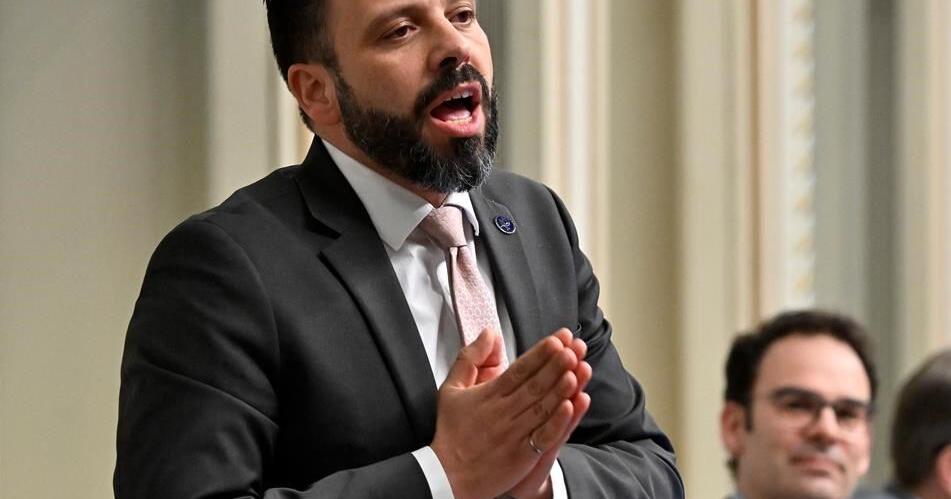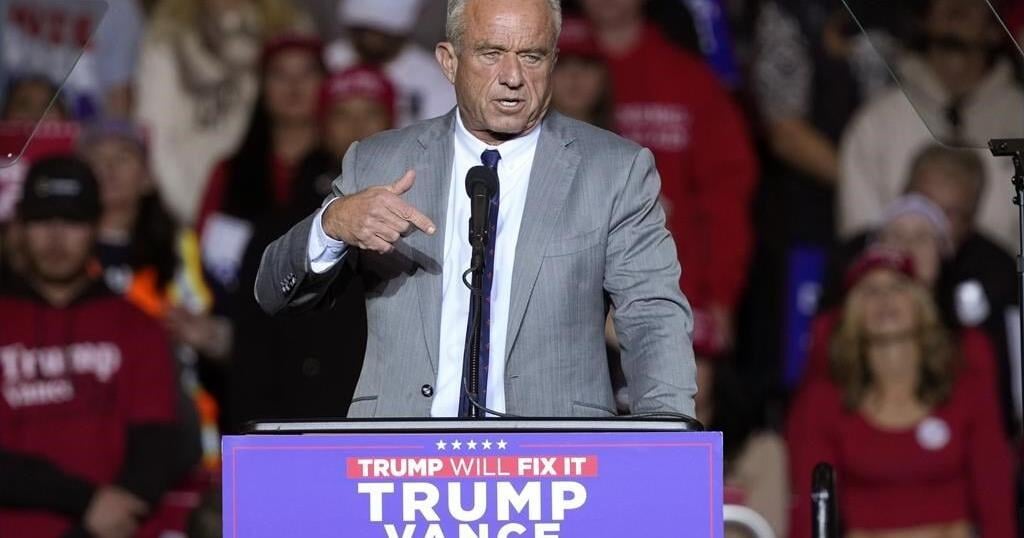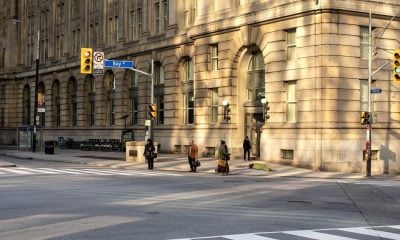Here is a look at events in Haiti since the killing of President Jovenel Moise.
Wednesday, July 7 – Haitian President Jovenel Moise, a 53-year-old former businessman who took office in 2017, was shot dead and his wife, Martine Moise, was seriously wounded when heavily armed assassins stormed the couple’s home at around 1 a.m. local time (0500 GMT).
Haiti’s ambassador to the United States, Bocchit Edmond, said the gunmen were masquerading as U.S. Drug Enforcement Administration (DEA) agents as they entered Moise’s guarded residence under cover of nightfall.
Police tracked the suspected assassins to a house near the scene of the crime in Petionville, a northern, hillside suburb of the capital, Port-au-Prince.
Thursday, July 8 – A firefight lasted late into the night and authorities detained a number of suspects. Police in Haiti said the assassination was carried out by a commando unit of 26 Colombian and two Haitian-American mercenaries. The two Haitian-Americans were identified as James Solages, 35, and Joseph Vincent, 55, both from Florida.
Friday, July 9 – U.S. law enforcement and intelligence agencies probed potential U.S. connections to the assassination, the day after two Haitian-American men were arrested on charges of participating in the killing.
The United States rebuffed Haiti’s request for troops to help secure key infrastructure, even as it pledged to help with the investigation.
Saturday, July 10 – One of Haiti’s most powerful gang leaders said his men would take to the streets to protest the assassination, railing against police and opposition politicians whom he accused of colluding with the “stinking bourgeoisie” to “sacrifice” Moise.
Sunday, July 11 – Haitian authorities detained Christian Emmanuel Sanon, 63, widely described as a Florida-based doctor, and accused him of being one of the masterminds behind the killing by hiring mercenaries.
Tuesday, July 13 – Two U.S. government sources identified a former Drug Enforcement Administration informant accused of taking part in Moise’s assassination as Joseph Vincent, 55, of Florida.
Vincent and a second Haitian-American Florida resident, James Solages, 35, told investigators they had been hired to serve as interpreters.
Wednesday, July 14 – National Police chief Leon Charles identified former Haitian Senator John Joel Joseph as a key player in the plot, saying he supplied weapons and planned meetings.
Charles also pointed a finger at a company he identified as World Wide Capital Lending Group as being responsible for fundraising “to execute this criminal act.”
Thursday, July 15 – A “small number” of the detainees had received U.S. military training in the past while serving as active members of the Colombian military, Pentagon spokesperson Lieutenant Colonel Ken Hoffman said.
Colombian President Ivan Duque said many of the former Colombian soldiers accused of involvement in Moise’s killing went to Haiti to work as bodyguards, but others knew a crime was being planned.
The head of security for the presidential palace, Dimitri Herard, was detained and was being questioned about why the attackers did not meet more resistance at the president’s home.
Friday, July 16 – Former Haitian justice ministry official Joseph Felix Badio may have ordered the assassination, a Colombian police chief said, citing a preliminary investigation into the murder.
Saturday, July 17 – Martine Moise, Jovenel Moise’s widow, returned to Haiti for his funeral after she was treated in a Miami hospital for injuries sustained during the attack.
The ‘Core Group’ of international ambassadors and representatives urged “the formation of a consensual and inclusive government.” The Core Group is made up of ambassadors from Germany, Brazil, Canada, Spain, the United States, France, and the European Union and special representatives from the United Nations and the Organization of American States.
Monday, July 19 – Claude Joseph, who nominally led Haiti as acting prime minister since the assassination, was set to hand power to a challenger backed by the international community possibly, according to a Haitian official.
Tuesday, July 20 – Haiti’s government formally appointed Ariel Henry as prime minister. Henry, a 71-year-old neurosurgeon, was tapped by Moise to be the new prime minister just days before he was assassinated, but was not then formally sworn in to the position.
Thursday, July 22 – The United States announced a special envoy to help coordinate U.S. assistance in Haiti, including efforts promoting long-term peace and elections.
U.S. Secretary of State Antony Blinken called on new Haitian Prime Minister Henry to seek broad political consensus as he establishes the government’s priorities and to work quickly to establish conditions for free and fair elections.
Friday, July 23 – Haiti bid a rowdy farewell to Moise as his funeral was roiled by nearby gunfire and protests, prompting a high-level U.S. delegation to leave abruptly and other dignitaries to duck into vehicles for safety. The state funeral in the northern city of Cap-Haitien was intended to foster national unity, but the unrest reflected deep divisions.
Tuesday, July 27 – Presidential Security Coordinator Jean Laguel Civil was arrested on suspicion of involvement in the assassination plot, lawyer Reynold Georges said, as another aide’s apparent account of the event was leaked on social media.
Wednesday, July 28 – New Prime Minister Henry said the government plans to create conditions for the Caribbean nation to hold elections as swiftly as possible.
Friday, July 30 – Haitian police outlined fresh accusations against a former Supreme Court judge over her links to the assassination, saying she had met with some Colombian mercenaries accused of killing him.
Haitian police had earlier issued an arrest warrant for Wendelle Coq-Thelot, a former Supreme Court judge who was ousted with two other judges earlier in February when Moise alleged a coup was being planned against him.
Colombia called on Haiti to guarantee the legal and medical rights of 18 Colombians detained for alleged participation in the assassination of Moise.
Wednesday, August 4 – The head of a Miami-based security firm that hired the Colombian bodyguards suspected of killing Moise denied involvement in his death, saying he had been tricked and that the president’s own guards were to blame. Haitian officials said Antonio Intriago’s company, CTU Security, had hired the former soldiers, which he indirectly confirmed in a statement issued through his lawyers in Miami.
Thursday, August 5 – Haiti’s government requested help from the United Nations to conduct an international investigation into the killing of Moise.
Wednesday, August 11 – Local media reported that Haiti’s elections have been postponed until Nov. 7.
Saturday, August 14 – A major earthquake reduced buildings to rubble and killed at least 29 people in southwestern Haiti.
(Reporting by Anthony Esposito; Editing by Daniel Wallis)
Related




















